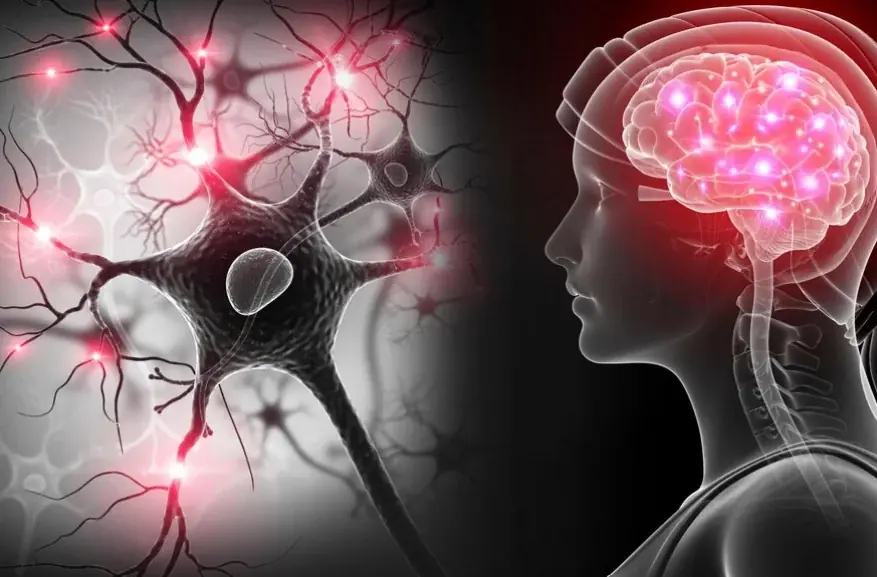
Can overly hot baths harm your heart and circulation?
Can Bathing in Hot Water Affect the Cardiovascular System?
For many, soaking in a hot bath or standing under a steamy shower is one of life’s simplest pleasures—a way to unwind, soothe muscles, and relax after a long day. But while hot water may feel therapeutic, it raises an important health question: Can bathing in water that is too hot negatively affect your cardiovascular system?
The answer, as with many health topics, depends on various factors—age, underlying health conditions, water temperature, and duration of exposure. In this article, we explore how bathing in overly hot water can impact the heart and circulatory system, who should be cautious, and how to enjoy warm baths safely.
Understanding the Cardiovascular System
The cardiovascular system is composed of the heart and an extensive network of blood vessels. It is responsible for transporting oxygen, nutrients, and hormones throughout the body, and for maintaining homeostasis. The heart must maintain a steady rhythm and pressure to function efficiently. Any external stimulus that interferes with these dynamics—such as heat—can potentially have an effect.
What Happens to the Body During a Hot Bath?
When you immerse yourself in hot water (typically above 40°C or 104°F), several physiological changes occur:
Vasodilation: The heat causes your blood vessels to dilate (widen), particularly near the skin surface. This helps the body release heat and cool down but also results in a drop in blood pressure.
Increased Heart Rate: To compensate for the lowered blood pressure, your heart beats faster to maintain adequate blood flow to organs and muscles.
Sweating and Fluid Loss: Prolonged exposure can cause you to sweat more, leading to mild dehydration if fluids aren’t replenished.
Thermal Stress: The body must work harder to regulate core temperature, which can strain the cardiovascular system, especially in vulnerable individuals.
While these reactions are usually manageable in healthy individuals, they may pose risks for people with existing heart conditions or blood pressure abnormalities.
Potential Risks of Hot Baths on Heart Health
1. Sudden Drop in Blood Pressure (Hypotension)
A hot bath can cause a noticeable drop in blood pressure. For people with already low blood pressure or those on medication for hypertension, this drop can lead to dizziness, lightheadedness, or even fainting—particularly when standing up too quickly after bathing.
2. Irregular Heart Rhythms
Some individuals may experience palpitations or irregular heart rhythms when exposed to extreme heat. For those with arrhythmias or atrial fibrillation, the thermal stress of a hot bath might trigger or worsen symptoms.
3. Increased Risk of Heart Attack in Vulnerable Populations
Although rare, there have been cases where sudden exposure to hot water—especially in saunas or hot tubs—has led to adverse cardiac events in elderly individuals or those with undiagnosed coronary artery disease. The heat-induced vasodilation and elevated heart rate can stress an already weakened heart.
4. Stroke Risk in Certain Cases
A sudden drop in blood pressure due to hot water immersion might reduce blood flow to the brain, increasing the risk of fainting or, in extreme cases, a stroke—particularly in people with existing cerebrovascular conditions.
Who Should Be Cautious?
Certain groups are more vulnerable to the effects of hot water on the cardiovascular system:
-
Elderly individuals: Aging reduces the body's ability to regulate temperature and blood pressure.
-
People with heart disease: Including those with heart failure, arrhythmias, or coronary artery disease.
-
Individuals with hypertension or hypotension: Extreme heat can worsen both conditions.
-
Pregnant women: Especially in the first trimester, excessive heat exposure can increase health risks for both mother and fetus.
-
People on medication: Some drugs, such as beta-blockers, diuretics, or vasodilators, affect how the body responds to heat.
Are There Any Cardiovascular Benefits to Warm Baths?
Interestingly, moderate heat exposure—such as from warm baths or saunas—has been shown to offer cardiovascular benefits in healthy individuals when done safely. Some studies suggest:
-
Improved circulation: Heat-induced vasodilation increases blood flow and oxygen delivery to tissues.
-
Lowered blood pressure: Over time, regular warm bathing may help reduce systolic and diastolic blood pressure in hypertensive patients.
-
Reduced arterial stiffness: Some research links regular hot bathing to improved arterial flexibility and reduced cardiovascular mortality.
-
Relaxation and stress reduction: Heat therapy can lower cortisol levels and reduce stress—a known contributor to heart disease.
However, these benefits are dose-dependent—meaning frequency, water temperature, and duration all matter. Overdoing it can quickly tip the balance toward risk.
How to Bathe Safely Without Harming Your Heart
If you enjoy hot baths but are concerned about your heart health, here are some tips to bathe safely:
Monitor Water Temperature
Keep bathwater between 37°C–40°C (98.6°F–104°F). Water that feels uncomfortably hot to the touch is likely too hot for your cardiovascular system.
Limit Bath Time
Soak for no more than 15–20 minutes to prevent overheating and dehydration.
Hydrate Before and After
Drink a glass of water before bathing and another afterward to support circulation and prevent fluid loss.
Avoid Sudden Movements
Stand up slowly after your bath to avoid dizziness or sudden blood pressure drops.
Listen to Your Body
If you experience chest discomfort, palpitations, dizziness, or shortness of breath during or after a bath, exit immediately and seek medical attention if symptoms persist.Consult
Your Doctor
If you have a known heart condition or blood pressure issues, ask your physician whether hot baths or saunas are safe for you.
Final Thoughts
Hot baths can offer comfort and therapeutic effects, but like all things, they should be enjoyed in moderation—especially when it comes to heart health. While most healthy individuals have little to worry about, those with cardiovascular issues or risk factors should approach hot bathing with care and awareness.
When done wisely, a warm bath can still be a relaxing ritual that supports—not endangers—your overall well-being.
News in the same category


If your HANDS fall asleep it's a clear sign that you have can...
If your HANDS fall asleep it's a clear sign that you have can...

The Military Sleep Method That Makes 96% of People Fall Asleep in Just 2 Minutes
The Military Sleep Method That Makes 96% of People Fall Asleep in Just 2 Minutes
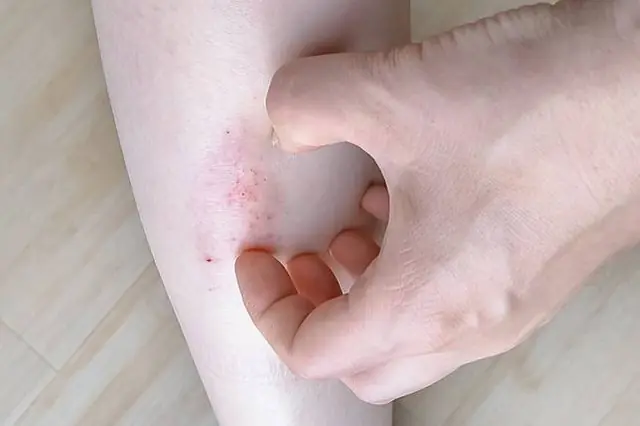
A 40-Year-Old Man Diagnosed With End-Stage Li.ver Can.cer: He Ignored a Warning Sign for Three Months
A symptom that seemed harmless turned out to be the body’s first “warning letter.”

The Body Can Sense When Life Is Near Its End — And the First Signs May Appear in the Nose
The Body Can Sense When Life Is Near Its End — And the First Signs May Appear in the Nose
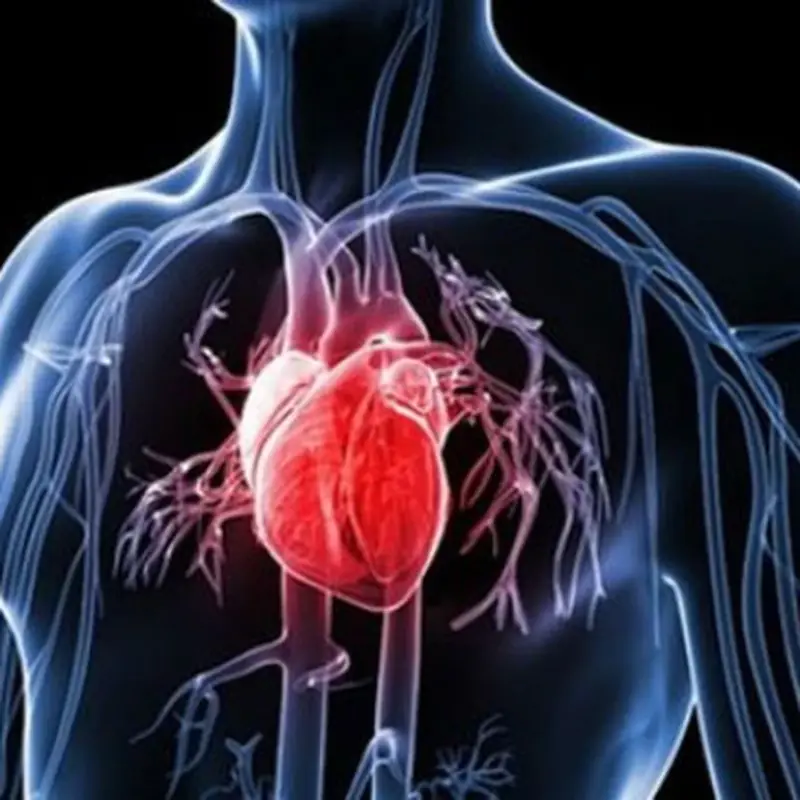
What Raw Garlic Can Do for Your Health May Surprise You
What Raw Garlic Can Do for Your Health May Surprise You

Doctors Warn Parents After 5-Year-Old Dies From Late-Stage Can.cer
Doctors Warn Parents After 5-Year-Old Dies From Late-Stage Cancer
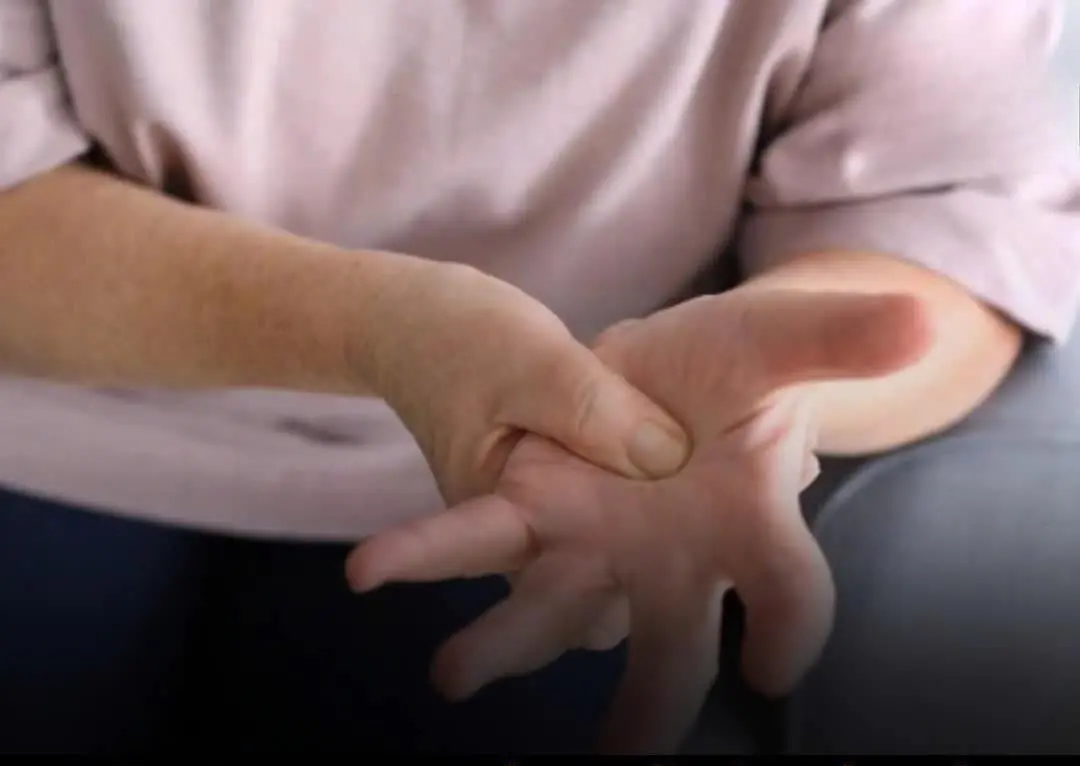
Your hands can reveal li.ver trouble — don’t ignore these shocking signs
Your hands can reveal li.ver trouble — don’t ignore these shocking signs

Sometimes, the strongest protection starts right on your balcony:
Sometimes, the strongest protection starts right on your balcony:

2 Tablespoons of This and You’ll Notice Incredible Results For Your Digestive Problems....
2 Tablespoons of This and You’ll Notice Incredible Results For Your Digestive Problems....

Twin Study Reveals Gut Microbiome's Role in Multiple Sclerosis Development.....
Twin Study Reveals Gut Microbiome's Role in Multiple Sclerosis Development.....

These “Healthy” Vegetables Could Actually Increase Canc:er Risk — Experts Warn to Avoid
These “Healthy” Vegetables Could Actually Increase Canc:er Risk — Experts Warn to Avoid
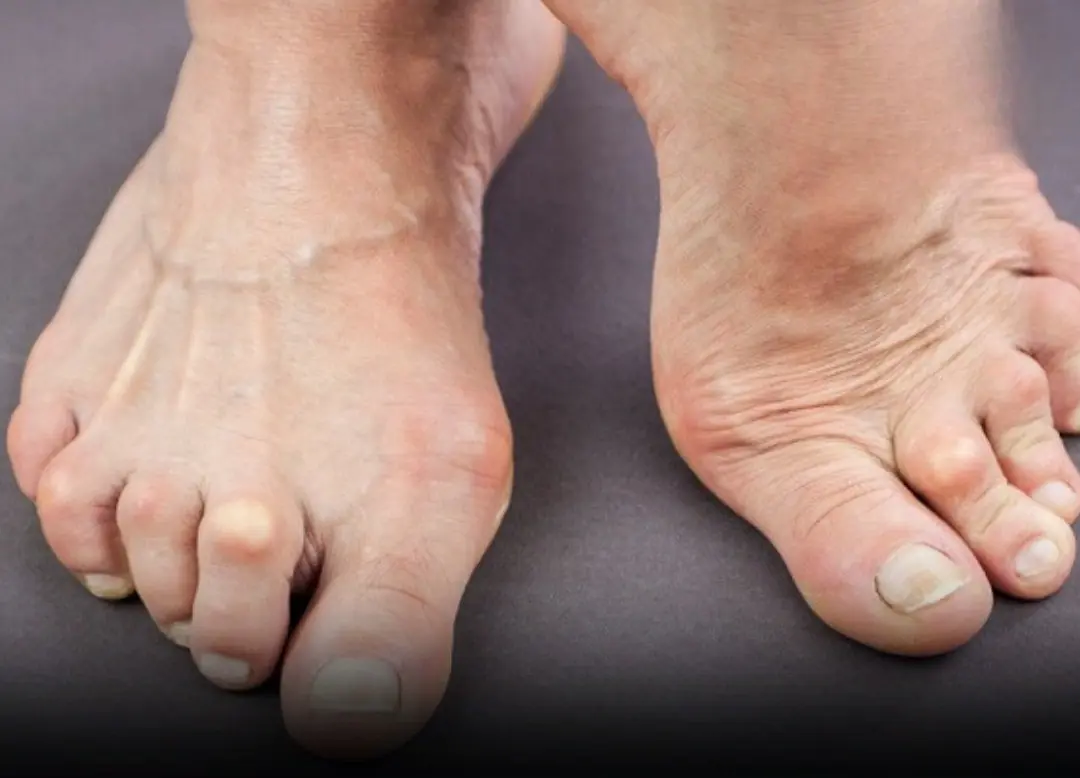
3 Foot Warning Signs That Could Indicate Serious Internal Organ Issues
3 Foot Warning Signs That Could Indicate Serious Internal Organ Issues

Bathing at the Right Time Could Reduce Stroke Risk — Here’s When
Bathing at the Right Time Could Reduce Stroke Risk — Here’s When

These 8 bathroom signs might seem harmless—but they could point to cancer
These 8 bathroom signs might seem harmless—but they could point to cancer

What Happens to Your Body If You Eat Sweet Potatoes for Breakfast Every Day?
What Happens to Your Body If You Eat Sweet Potatoes for Breakfast Every Day?

Doctors reveal that green broccoli causes...
Broccoli is healthy, but doctors say it may cause issues for some people.

3 hidden inti.mate habits that could raise cer.vical can.cer risk for wives
3 husband behaviors that may increase the risk of cer.vical can.cer in wives

Why Do Women Cross Their Legs When Sitting? The Psychology, Culture, and Comfort Behind a Common Habit
Why Do Women Cross Their Legs When Sitting? The Psychology, Culture, and Comfort Behind a Common Habit
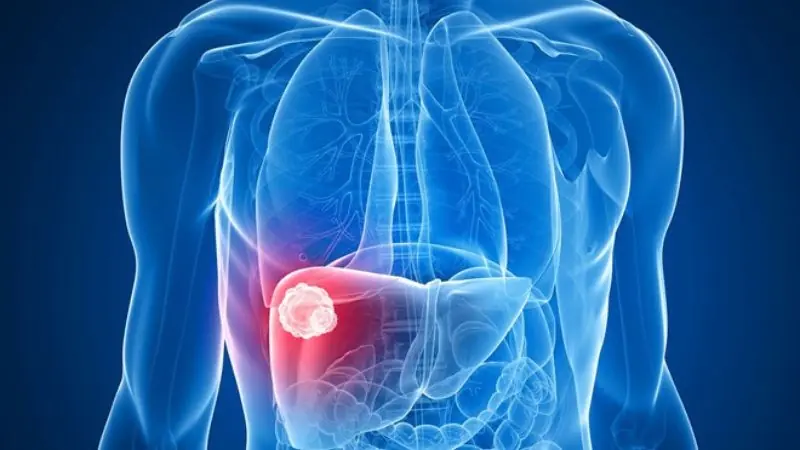
10 pancreatic can.cer symptoms you should never ignore
10 warning signs of pancreatic can.cer you shouldn’t overlook
News Post

Squeeze a Few Drops of Lemon Into the Rice Cooker: Why This Simple Trick Is Winning Over Home Cooks
A simple lemon trick may change how your rice tastes and lasts.

A Feminine Touch
he large Neolithic farming community of Çatalhöyük in southern Anatolia has long tantalized archaeologists as a possible example of a matriarchal society.

Don’t Ignore These 10 Common Warning Signs of Neurological Disorders

If your HANDS fall asleep it's a clear sign that you have can...
If your HANDS fall asleep it's a clear sign that you have can...

2050 and Beyond: Imagining the Future of Life

The Military Sleep Method That Makes 96% of People Fall Asleep in Just 2 Minutes
The Military Sleep Method That Makes 96% of People Fall Asleep in Just 2 Minutes

A 40-Year-Old Man Diagnosed With End-Stage Li.ver Can.cer: He Ignored a Warning Sign for Three Months
A symptom that seemed harmless turned out to be the body’s first “warning letter.”

The Body Can Sense When Life Is Near Its End — And the First Signs May Appear in the Nose
The Body Can Sense When Life Is Near Its End — And the First Signs May Appear in the Nose

Japanese Business Tycoon: Only One Type of Person Can Truly Become Wealthy — Avoid These Three Things If You Don’t Want to Fail
A Japanese business tycoon has identified three habits commonly seen in people who are destined to fail.

What Raw Garlic Can Do for Your Health May Surprise You
What Raw Garlic Can Do for Your Health May Surprise You

Doctors Warn Parents After 5-Year-Old Dies From Late-Stage Can.cer
Doctors Warn Parents After 5-Year-Old Dies From Late-Stage Cancer

Your hands can reveal li.ver trouble — don’t ignore these shocking signs
Your hands can reveal li.ver trouble — don’t ignore these shocking signs

Sometimes, the strongest protection starts right on your balcony:
Sometimes, the strongest protection starts right on your balcony:

2 Tablespoons of This and You’ll Notice Incredible Results For Your Digestive Problems....
2 Tablespoons of This and You’ll Notice Incredible Results For Your Digestive Problems....

Twin Study Reveals Gut Microbiome's Role in Multiple Sclerosis Development.....
Twin Study Reveals Gut Microbiome's Role in Multiple Sclerosis Development.....

These “Healthy” Vegetables Could Actually Increase Canc:er Risk — Experts Warn to Avoid
These “Healthy” Vegetables Could Actually Increase Canc:er Risk — Experts Warn to Avoid

3 Foot Warning Signs That Could Indicate Serious Internal Organ Issues
3 Foot Warning Signs That Could Indicate Serious Internal Organ Issues

Bathing at the Right Time Could Reduce Stroke Risk — Here’s When
Bathing at the Right Time Could Reduce Stroke Risk — Here’s When

These 8 bathroom signs might seem harmless—but they could point to cancer
These 8 bathroom signs might seem harmless—but they could point to cancer

8 Signs You’re Mentally Exhausted — And Why Ignoring Them Can Cost You More Than You Think
Here are eight warning signs that your mind may be running on empty, and why taking them seriously matters.